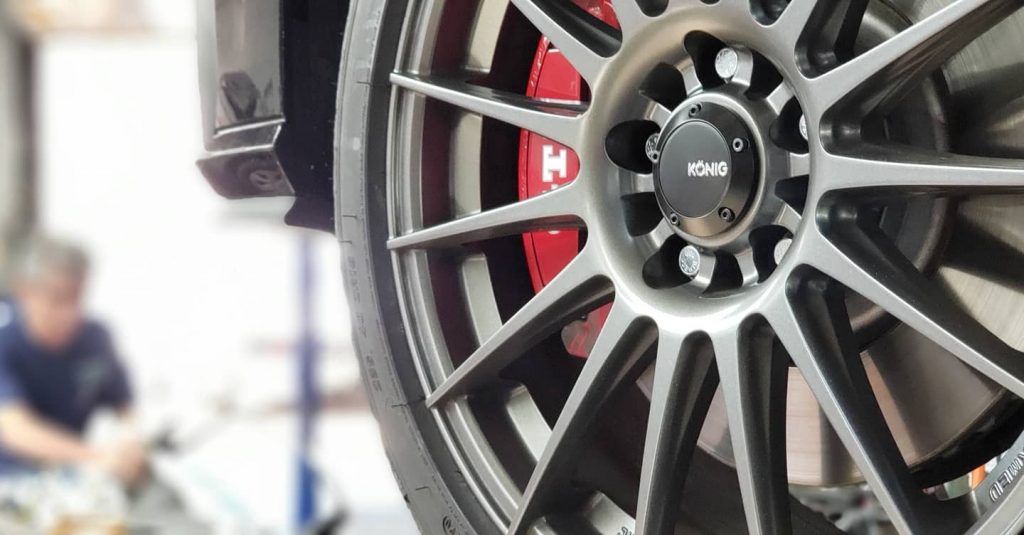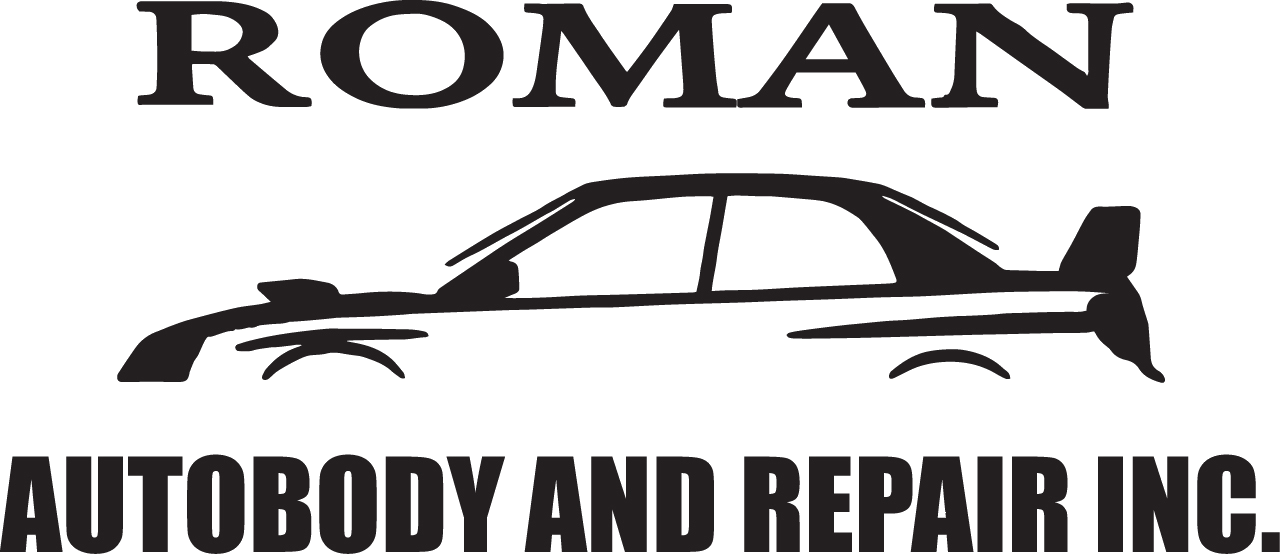BRAKES OVERVIEW
Brake changes are a normal and vital part of your cars maintenance routine. They are what can be a major factor in preventing accidents. Whether it is the pads, rotors (discs), shoes, caliper, or another component of the brake system, we got you covered.
Why do we change our brakes?
Over time, the pads wear out and lose efficiency through normal use depending on the frequency and application. It's important to monitor the brake feel/sound and service them as needed to ensure longevity and safety of your vehicle. Brakes can also fail for other reasons, like a leak in the lines due to corrosion, warn out caliper boots, old pistons, or pad deposits.
But I don't drive my car often, why do I still need new brakes?
Pad deposits form due to rust from humidity/condensation coming in contact with the carbon in the rotors. Rotors (disc brakes) are naturally made with a high carbon content to withstand the heat while using the brakes. Because of the Midwestern climate this can be a big issue when cars are not driven often enough or stores improperly. The rust is what can cause pitting/deposits (imagine hills and valleys) which creates an uneven pad wear and can cause vibrations and pulse sensations in the brake pedal.

BREAKS REPLACEMENT
POPULAR SERVICES
Competitive quality services provided by our engineers

